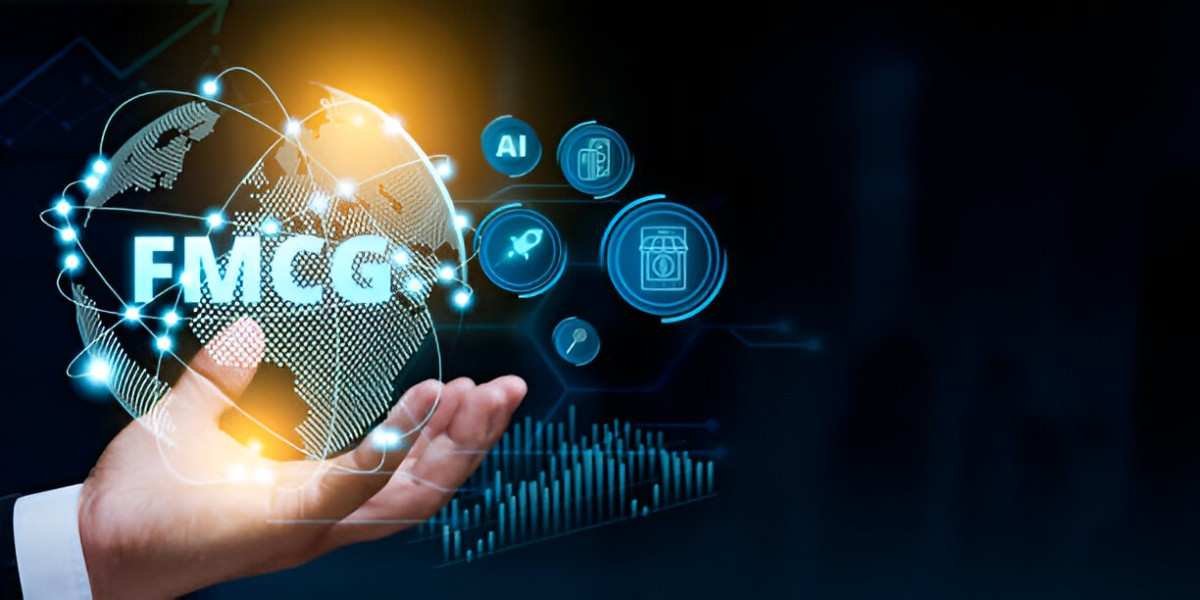Fast-Moving Consumer Goods (FMCG) are essential products that people use daily. This article explains what FMCG are, provides examples of these products, discusses their significance in the market, and explores how they impact businesses and consumers.
Table of Contents
What are Fast-Moving Consumer Goods (FMCG)?
Definition
Fast-Moving Consumer Goods (FMCG) refer to products that are sold quickly at relatively low prices. These goods are typically non-durable, meaning they are consumed or replaced frequently by consumers. FMCG include a wide range of everyday items such as food, beverages, toiletries, household products, and over-the-counter medicines.
Characteristics of FMCG
- High Turnover: FMCG have a rapid turnover rate due to frequent consumer purchases and replenishments.
- Low Cost: They are usually priced affordably to appeal to a broad consumer base.
- Short Shelf Life: Many FMCG are perishable or have a limited shelf life, necessitating quick turnover to maintain freshness and quality.
Examples of Fast-Moving Consumer Goods
Food and Beverages
- Snack Foods: Chips, cookies, chocolates, and other snacks.
- Beverages: Soft drinks, bottled water, juices, and energy drinks.
Household Products
- Cleaning Supplies: Detergents, dishwashing liquids, and surface cleaners.
- Personal Care: Shampoos, soaps, toothpaste, and skincare products.
Over-the-Counter Medicines
- Healthcare: Pain relievers, cold medicines, vitamins, and first aid supplies.
Importance of FMCG
Consumer Convenience
- Availability: FMCG are widely available through various retail channels, making them convenient for consumers to purchase whenever needed.
- Affordability: Their relatively low prices ensure accessibility to a broad demographic of consumers.
Economic Significance
- Revenue Generation: FMCG contribute significantly to a country’s economy through continuous sales and tax revenues.
- Employment: The FMCG sector creates numerous jobs in manufacturing, distribution, retail, and marketing.
Impact on Businesses
Supply Chain Dynamics
- Distribution: FMCG require efficient distribution networks to ensure products reach consumers quickly and reliably.
- Inventory Management: Businesses must manage inventory effectively due to the rapid turnover of FMCG.
Marketing and Branding
- Brand Loyalty: Effective marketing strategies build brand loyalty among consumers, influencing repeat purchases.
- Competitive Market: FMCG companies compete vigorously based on product quality, price, and brand reputation.
Reference and Market Insights
FMCG are integral to the global economy, with extensive research and market analysis conducted to track consumer preferences, market trends, and competitive dynamics. Various industry reports and market research firms provide valuable insights into FMCG consumption patterns and market growth.
Conclusion
Fast-Moving Consumer Goods (FMCG) play a crucial role in everyday life, providing essential products that consumers use regularly. Their rapid turnover, affordability, and broad availability make them a cornerstone of the retail industry and vital contributors to economic growth. Understanding the dynamics of FMCG helps businesses tailor their strategies to meet consumer demands effectively and sustain competitiveness in a dynamic marketplace.





